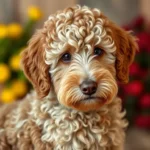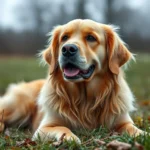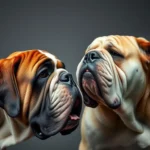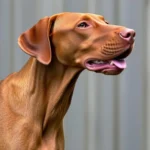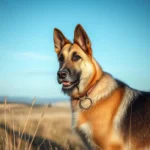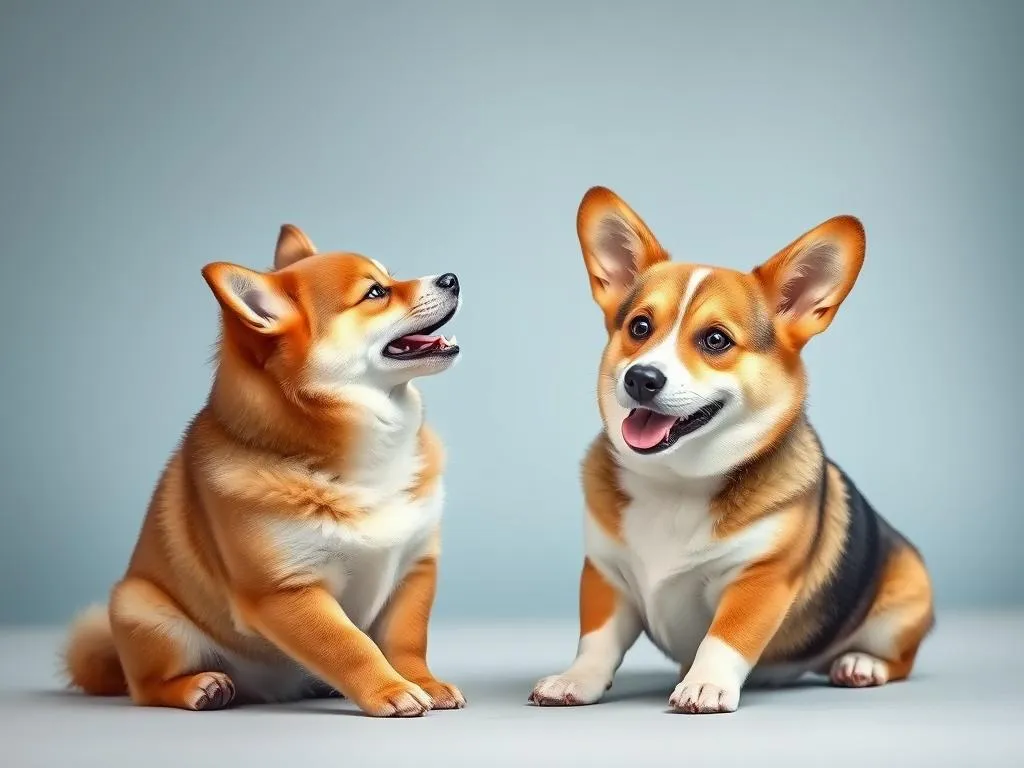
The Shiba Inu and the Corgi are two of the most beloved dog breeds in the world, each boasting unique characteristics that endear them to dog lovers everywhere. Understanding the differences and similarities between these breeds is essential for potential dog owners who wish to find the perfect companion. This guide will delve into various aspects of both breeds, including their history, appearance, temperament, health, and more.
Breed Overview
Shiba Inu
The Shiba Inu hails from Japan and is one of the oldest and smallest native Japanese breeds. Originally bred for hunting small game, the Shiba Inu has a rich history dating back to 300 B.C. General characteristics of this breed include a compact, muscular body, standing about 13.5 to 16.5 inches tall and weighing between 17 to 23 pounds. They have a distinct double coat that can come in colors such as red, sesame (red with black-tipped hairs), black and tan, and cream.
In terms of temperament, Shiba Inus are known for their spirited personality. They are often described as confident, bold, and independent, yet they can also be affectionate with their families. However, their strong-willed nature can sometimes pose challenges in training.
Corgi
The Corgi has two distinct breeds: the Pembroke and the Cardigan. Both breeds originate from Wales and were used as herding dogs, but they differ in certain characteristics. Pembroke Corgis are slightly smaller and have a more fox-like face, while Cardigan Corgis have rounded ears and a more robust build. Both types typically weigh between 25 to 30 pounds and stand about 10 to 12 inches tall. Their coats are thick, double-layered, and come in a variety of colors, including fawn, red, and black and tan.
Corgis are known for their friendly and outgoing nature. They are intelligent and eager to please, making them easier to train than many other breeds. Their playful demeanor and loyalty make them excellent family pets.
Appearance Comparison
Size and Build
When comparing the Shiba Inu and Corgi, one of the most noticeable differences is their size. The Shiba Inu is taller and leaner, with a more athletic build, while the Corgi is shorter and stockier. Here’s a quick breakdown:
- Shiba Inu: 13.5 to 16.5 inches tall, 17 to 23 pounds.
- Corgi: 10 to 12 inches tall, 25 to 30 pounds.
Coat and Color
The Shiba Inu has a double coat that is soft and thick, offering protection against harsh weather. In contrast, the Corgi also has a double coat, but it is slightly different in texture. The Shiba Inu’s coat is often more resilient and requires less maintenance than the Corgi’s.
Common colors for Shiba Inus include:
– Red
– Sesame
– Black and tan
– Cream
Corgis, on the other hand, can come in:
– Fawn
– Red
– Black and tan
– Blue merle (Cardigan only)
Distinctive Features
Both breeds have unique physical traits that make them stand out. The Shiba Inu is known for its curled tail and fox-like face, while the Corgi has distinctive short legs and large, erect ears. These features contribute to their charm and are often the reason why people choose one breed over the other.
Temperament and Behavior
General Temperament
Both breeds have distinct temperamental traits. The Shiba Inu tends to be more independent and sometimes aloof, especially with strangers. They may not be as openly affectionate as Corgis, but they form strong bonds with their families.
Conversely, Corgis are known for their social and friendly nature. They typically exhibit a higher energy level and enjoy being around people and other pets. This makes them more suitable for families looking for a lively companion.
Training and Intelligence
In terms of trainability, the Corgi often outshines the Shiba Inu. Corgis are eager to learn and respond well to positive reinforcement. They thrive on mental stimulation and enjoy participating in obedience and agility training.
Shiba Inus, while intelligent, can be more stubborn, making them slightly more challenging to train. Consistent, positive reinforcement is essential, along with an understanding of their independent nature. Common behavioral issues in both breeds include separation anxiety and excessive barking, which can often be mitigated through proper training and socialization.
Family Compatibility
When it comes to family compatibility, both breeds can adapt well to family life, but with different dynamics. Corgis are typically better suited for families with young children due to their playful and sociable nature. They enjoy engaging in play and are generally tolerant of children’s antics.
Shiba Inus, while they can also be affectionate, may require more supervision around young children. Their independent streak means they may not always appreciate a child’s exuberance, making it crucial for families to monitor interactions closely.
Health and Lifespan
Common Health Issues
Both breeds have their specific health concerns. The Shiba Inu is prone to conditions such as:
– Hip dysplasia
– Patellar luxation
– Eye disorders (such as cataracts)
Corgis are known to face health issues like:
– Intervertebral disc disease (due to their long backs)
– Hip dysplasia
– Obesity
Regular veterinary check-ups and preventative care can help mitigate these risks and ensure both breeds lead healthy lives.
Lifespan Comparison
The average lifespan for a Shiba Inu is typically 12 to 15 years, while Corgis usually live around 12 to 15 years as well. Factors influencing longevity can include genetics, diet, exercise, and overall care. Ensuring a balanced diet and regular exercise is crucial for both breeds to promote a long and healthy life.
Exercise and Care Requirements
Daily Exercise Needs
Both breeds require regular exercise, but their needs differ slightly. Shiba Inus benefit from at least 30 to 60 minutes of exercise daily. They enjoy walks, playtime, and mental stimulation through activities like puzzle toys.
Corgis also require a similar amount of exercise, typically around 30 to 60 minutes daily. They thrive on playtime and enjoy activities that engage their herding instincts, such as chasing balls or participating in agility training.
Grooming Needs
In terms of grooming, both breeds have unique requirements. The Shiba Inu has a seasonal shedding pattern, usually requiring brushing once a week, but more frequently during shedding seasons. Their coat is relatively low-maintenance.
Corgis, on the other hand, shed year-round and may require more frequent grooming, ideally two to three times a week to manage their thick undercoat. Regular brushing helps reduce shedding and keeps their coat healthy.
Living Environment
Space Requirements
When considering living conditions, both breeds can adapt to various environments, but they each have preferences. Shiba Inus do well in homes with moderate space, including apartments, as long as they receive enough exercise. They enjoy exploring outdoor areas, which helps them expend their energy.
Corgis are also adaptable, but they thrive in homes with a yard where they can run and play. Their herding background means they enjoy having space to explore and engage in active play.
Adaptability
Both breeds can adjust to different living situations. Shiba Inus are generally more independent, making them suitable for owners who may be away for longer periods. Corgis, being more social, may experience separation anxiety if left alone for too long.
Cost of Ownership
Initial Costs
When it comes to the initial costs of ownership, both breeds can vary based on factors such as breeder reputation and geographic location. A Shiba Inu typically ranges from $1,500 to $3,000, while a Corgi can range from $800 to $3,000. Adoption fees can also differ, often being lower than purchasing from a breeder.
Ongoing Expenses
Ongoing expenses for both breeds include food, grooming, veterinary care, and pet insurance. Monthly food costs can range from $30 to $60, depending on the brand and dietary needs. Grooming costs can also differ, with Corgis typically requiring more frequent grooming sessions. Veterinary care, including routine check-ups, vaccinations, and potential emergencies, should also be budgeted for.
Conclusion
In summary, the Shiba Inu vs Corgi comparison reveals two distinct yet lovable breeds, each with unique traits and characteristics. The choice between the two ultimately depends on personal lifestyle, living situation, and family dynamics. Both breeds can offer companionship and joy, but understanding their individual needs and temperaments is crucial in making the right decision for your home.
Whether you lean toward the spirited independence of the Shiba Inu or the friendly, playful nature of the Corgi, both breeds promise to bring love and happiness to their families. Take the time to consider your lifestyle and preferences, and you’ll find the perfect furry companion to share your life with.
